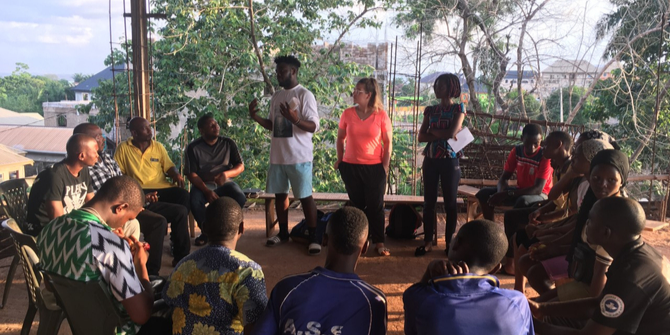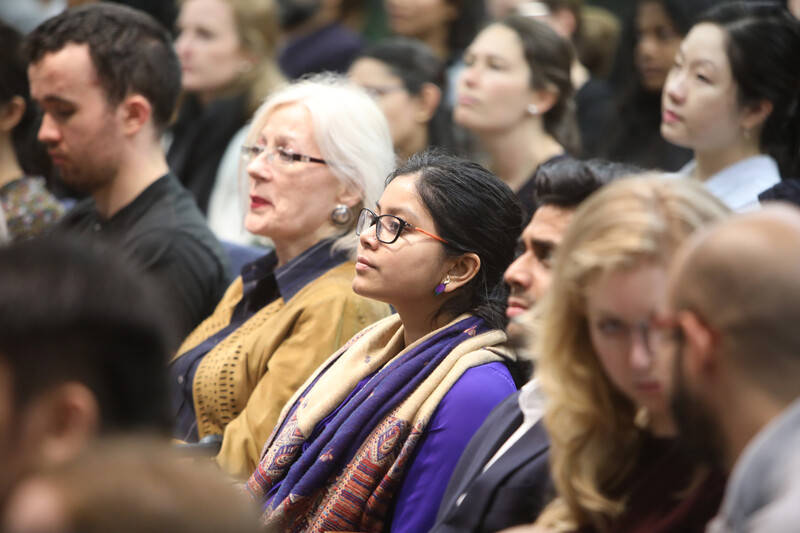In this guest blog LSE alumna Ria Sen (MSc Media, Communication and Development 2012), shares her insights on where to start if you’re interested in a career in international development.
The international development sector needs passionate professionals to meet aspirational development goals. A challenge is the demand for such jobs often far outweighs supply. How to make a mark, when you may be on amongst very many candidates for a position? I am sharing some personal insights, which may strike a chord:
- Know thyself.
Knowing yourself, strengths and flaws alike, makes for an informed, self-reflexive applicant. Ask yourself: which sector in the development space excites you? Does a specific geography capture your interest? Where can you apply your unique skills and experiences best? - Market thyself, with humility
Knowing your USPs means you can more easily identify where you fit in the development careers market. That said, understand the demand-supply situation, and market yourself in your supporting written application and interview with humility. As an entry-level professional, knowing all the answers are not expected, but the ability to learn on the job and be an adaptive professional are valuable abilities. - Brevity wins
Clarity of thought is critical for making a strong application, and in the interview processes. If you can align your relevant experiences with what the job is seeking, you will be a strong contender. You go a step further if you can demonstrate how you can be an asset for the organisation, directly applying your unique skills and qualities. - Put pay second
In entry-level positions, bear in mind the pay may not be equivalent to private sector positions right away. You may progress in the career ladder to earn more subsequently, but initially, seek to put your development passion above pay when you step into your first role. Keep in touch with your more senior peers, and understand the salary scales in your organisation better. Build tangible appropriate experience to position yourself for earning better. - Patience, persistence, perseverance
What I call the 3 Ps! These are critical for following your chosen career path in the development space with focus, and understanding that career movements may not always be upward in the early years. Sometimes, they may be lateral and may also require shifting geography. Field positions may be less glamorous as have some hardships associated with them, but can go a long way in demonstrating your commitment to the cause of development. - N for network
Meaningful networking pays. By this I mean forming human connections with professionals in the development sector of your interest, and having an intellectual give-and-take with them which creates a reciprocal two-way exchange. Also, don’t assume your education entitles you to a position. Put your best food forward, and by all means make best use of the networks the School offers to you. Make use of the School’s career facilities.
The above is my success formula for the career I’ve had in development so far. Different permutations and combinations may work for you. Be bold. Believe in yourself. And foremost – follow your passion.





